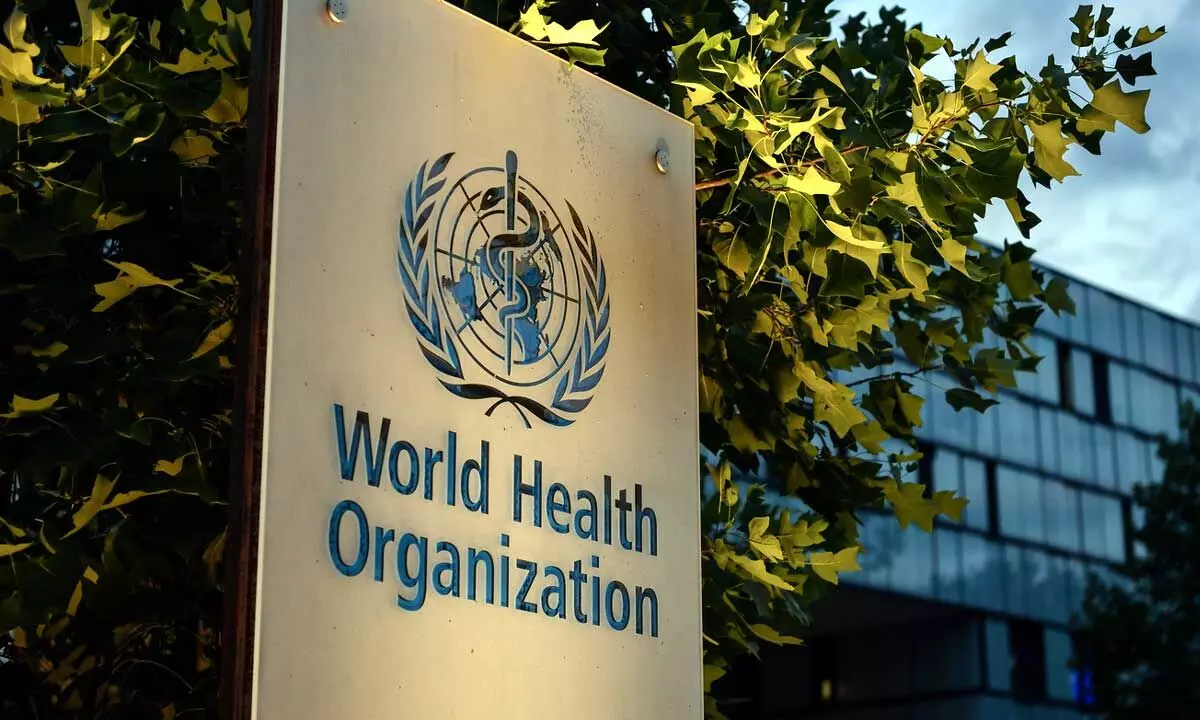The World Health Organization (WHO), in partnership with the Government of Brazil and the Pan American Health Organization (PAHO), will host the 2025 Global Conference on Climate and Health from July 29 to 31 in Brasília, Brazil.
As an official pre-COP30 meeting, the conference takes place at a critical moment, as the effects of climate change pose a growing threat to global health systems and human well-being.
Set to convene ministers, scientists, civil society leaders, and international agencies from around the world, the gathering will provide a platform to develop bold, equitable strategies that place health at the core of global climate action.
The conference will also serve as the second in-person meeting of the WHO-hosted Alliance for Transformative Action on Climate and Health (ATACH), the largest multi-country coalition working to advance climate and health initiatives.
According to the World Health Organisation, the agenda aims to deliver clear guidance on how to integrate health considerations into global climate policy, particularly through contributions to the upcoming Belém Health Action Plan.
Participants will also present national commitments under ATACH and outline strategies for promoting climate-resilient, low-carbon, and sustainable health systems in preparation for COP30.
WHO warns that climate change is no longer a distant threat but a lived crisis already disrupting health systems, worsening air pollution, and driving millions of premature deaths each year
The organization stresses that the world’s most vulnerable populations, who contribute least to climate change, continue to suffer its harshest consequences.
The Brasília conference is expected to prioritize equity and social inclusion in all proposed solutions.
Brazil’s leadership at the conference underscores its commitment to climate-responsive public health planning. In line with this, the event will focus on fostering multisectoral collaboration and grassroots participation in the development of impactful and inclusive climate-health policies.
WHO is also expected to launch its seventh Global Evidence Review on Health and Migration, examining the health vulnerabilities of migrants amid the climate crisis.
With global momentum building toward COP30, WHO is urging governments to rapidly scale up investment in climate-health mitigation, adaptation, and resilience to avert a looming health catastrophe.
Attendance at the conference is by invitation only, with key plenary sessions to be live-streamed for global audiences. The event marks a crucial step toward embedding health priorities within climate frameworks and ensuring that future climate decisions protect and promote human health.

